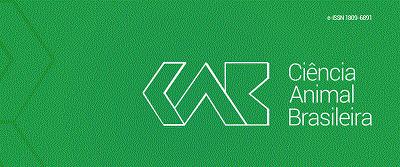Abstract
Coagulase-negative Staphylococci (CNS) are the main microorganisms responsible for mastitis in sheep and the treatment in the end of lactation can be used as a control method against disease. However, the long dry period presented by ewes in some breeding systems may impair the positive effects of antimicrobial treatment. The aims of this study were to identify the main CNS species in the etiology of ovine mastitis before and after treatment at dry-off of the ewes, as well as investigate the persistence of the most prevalent species in the mammary gland at the next lactation. Sixty sheep were divided into two experimental groups, one consisting of animals without antimicrobial treatment, while the other was composed by sheep whose mammary halves were treated with cloxacillin-benzathine intramammary. The milk samples were obtained before drying-off and at 15 and 30 days after calving the next lactation. The prevalent species were S. warneri, S. simulans and S. epidermidis. Clones of the three species more prevalent were identified before and after treatment, i.e., even with the extensive dry period between the two consecutive lactations, the microorganisms were still identified in the mammary gland.
Keywords:
bacteriology; mammary gland; mastitis control methods; milk sheep



